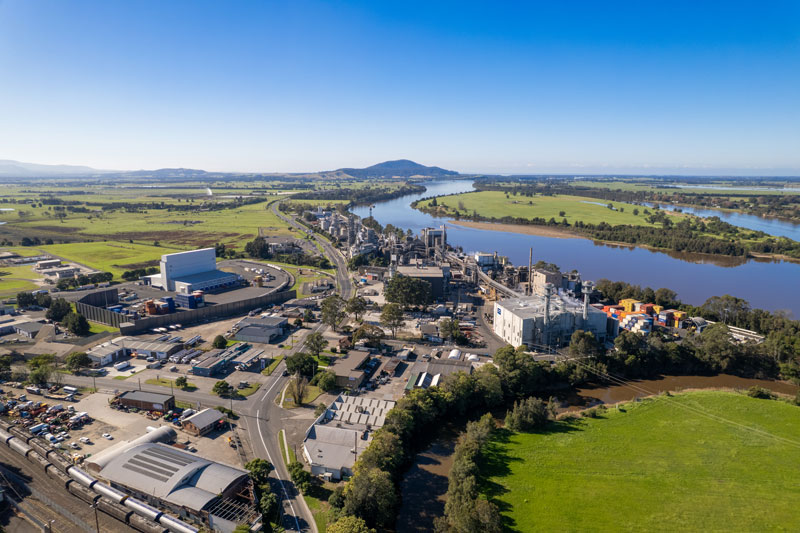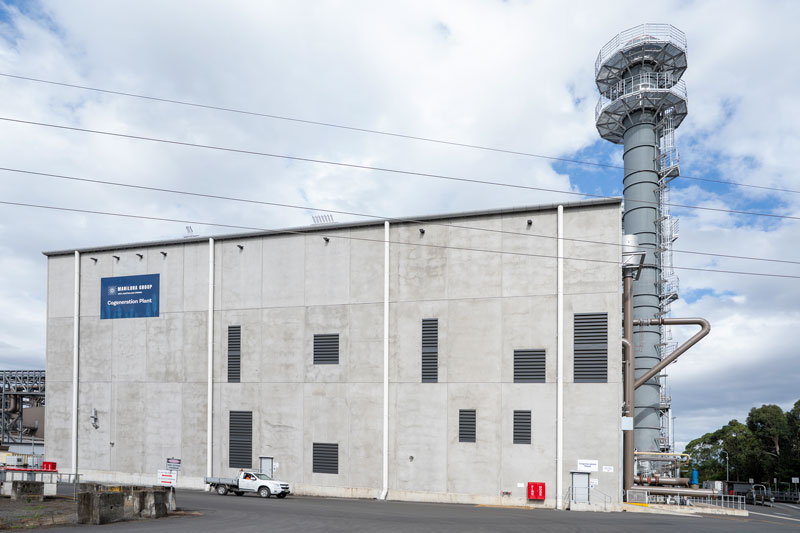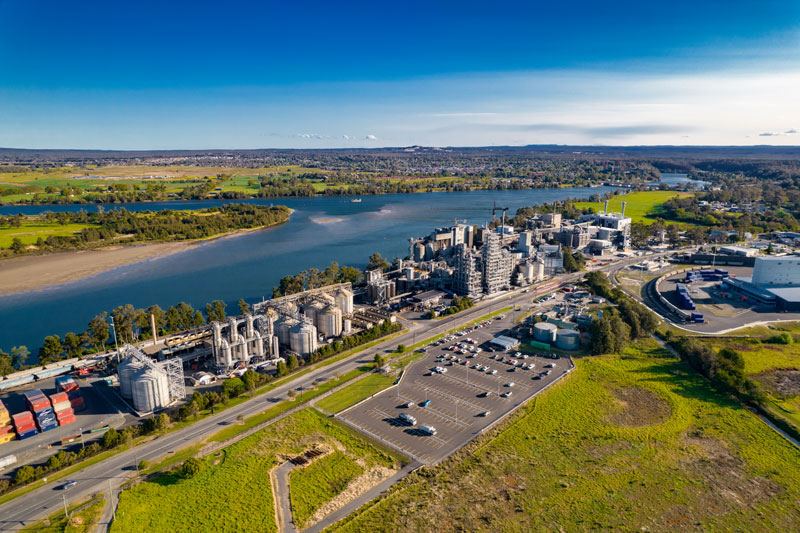Topic/Category
Year
Topic/Category
Year

In 2024, the company switched on a state-of-the-art cogeneration plant that replaced coal-fired energy with a cleaner gas-fired system. Backed by $85 million loan from the Clean Energy Finance Corporation, the $250 million investment delivers big results:
The cogeneration system uses natural gas to power turbines that generate electricity. Heat from those turbines is then captured to produce steam – a critical input for production.

40 %
Up to 40% of emissions cut – equivalent to removing 150,000 cars from the road
250 million dollar investment
including $85 million loan from CEFC
90 %
of the site's power needs now met by low-emissions cogeneration
“Our investment in cogeneration has transformed the way we power our Shoalhaven Starches site – reducing up to 300,000 tonnes of carbon dioxide emissions each year. It’s a significant milestone in energy efficiency and emissions reduction, helping us future proof our operations to stay competitive globally.”
Ian Hanrahan, Manildra Group Chief Financial Officer




Shoalhaven Starches is a global leader and producer in wheat gluten, starches, syrups, ethanol and animal feed. This upgrade keeps the site competitive and sustainable.
However, reliable steam and energy generation remains critical for Manildra Group’s operations, and they continue to rely on natural gas for these energy-intensive processes. Being in a regional location also limits their access to lower-emissions electricity, so ongoing collaboration with government and industry partners is essential to help address these challenges.
As the largest private employer in the region, Manildra Group’s investment in a greener future also safeguards jobs and the future of Australian food manufacturing.
Manildra Group’s project is part of a broader industry shift. With energy costs rising and emissions targets tightening, food and grocery manufacturers are exploring smart ways to reduce their footprint without compromising on output.
See more in the AFGC Energy and Investment report (PDF 1.5MB) →